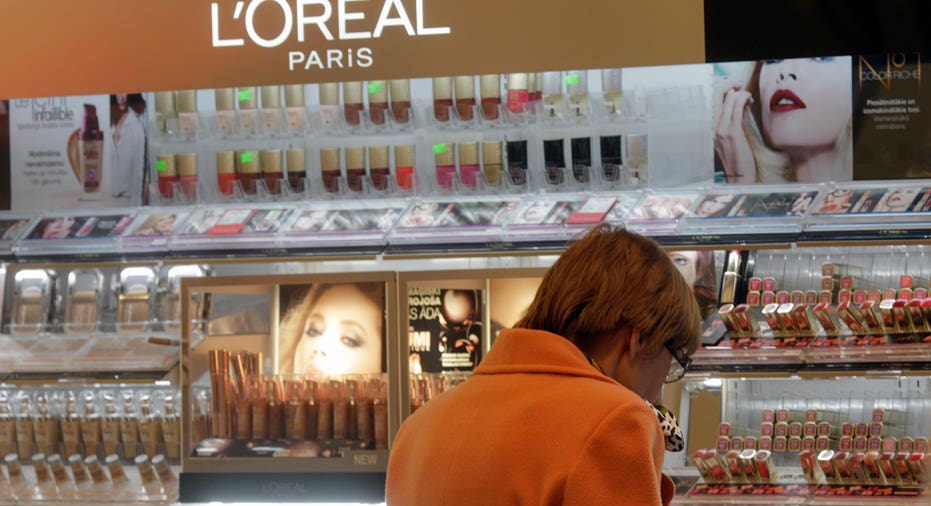L'Oreal: Demand Slowed in Europe for Mass Beauty

L'Oreal said on Monday the market for mass beauty products in western Europe had slowed in the early part of the year but was still growing moderately in North America as it posted a 14.1 percent rise in first-quarter sales.
The maker of Garnier shampoo and Maybelline, whose figures broadly met expectations, received a boost from the weak euro and resilient demand for luxury goods products such as Yves Saint Laurent's Black Opium perfume.
Looking forward, L'Oreal forecast sales growth in the first quarter would be below its average for the year thanks to an improvement in demand for mass market consumer beauty products later in the year.
"Growth will come from an acceleration of the consumer division," L'Oreal Chief Executive Jean-Paul Agon said in a conference call with analysts.
L'Oreal said it was not planning to change its prices in North America to reflect the strength of the dollar against the euro.
The group said it had no indication that the market for professional products such as it Kerastase line was improving but that of luxury goods products remained strong with an estimated annual sales growth of 6-6.5 percent.
"We are outgrowing the market everywhere except in the United States," Agon said about the luxury market.
Sales growth at L'Oreal's mass consumer goods business slowed to 1.7 percent on a like-for-like basis in the three months to March 31, down from 3 percent in the previous quarter, while sales growth for luxury products slowed to 7.5 percent from 8.6 percent.
Overall, the world's biggest cosmetics group generated quarterly sales of 6.44 billion euros ($6.93 billion), up 4 percent on a like-for-like basis and 5.2 percent at constant exchange rates.
L'Oreal did not give a precise forecast for the full year other than to express confidence in its ability to outperform the market again and achieve growth in sales and profit.
L'Oreal shares, which have gained 27 percent since Jan. 1, rose 0.5 percent to close at 177.20 euros.
($1 = 0.9291 euros)
(Reporting by Astrid Wendlandt; Editing by James Regan, David Goodman and David Evans)



















